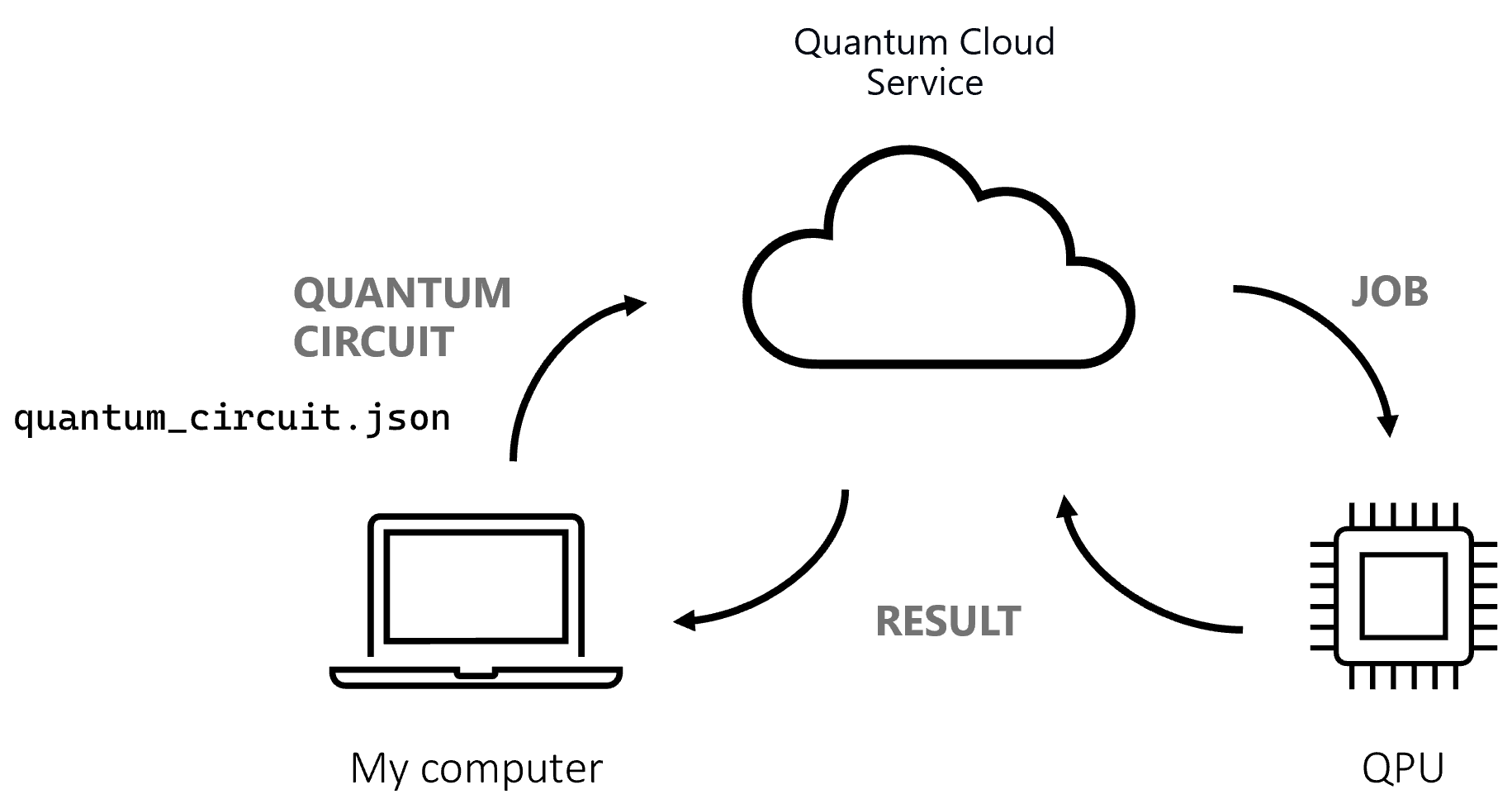
AI’s Quantum Leap: Unveiling the Possibilities of Hybrid Quantum-Classical ComputingAI’s Quantum Leap: Unveiling the Possibilities of Hybrid Quantum-Classical Computing Artificial intelligence (AI) is on the cusp of a major revolution with the advent of quantum computing. Quantum computers harness the principles of quantum mechanics to perform complex calculations that are beyond the capabilities of traditional computers. This has the potential to transform AI by enabling the development of more powerful and efficient algorithms. One of the most exciting applications of quantum computing in AI is hybrid quantum-classical computing. This approach combines the strengths of both quantum and classical computers to create a new paradigm for AI research and development. Advantages of Hybrid Quantum-Classical Computing Hybrid quantum-classical computing offers several key advantages over purely quantum or classical computing approaches: * Enhanced Performance: Hybrid systems can leverage the specialized capabilities of quantum computers for certain tasks while relying on classical computers for others. This allows for more efficient and targeted problem-solving. * Scalability: Quantum computers are still limited in their computational capacity, but hybrid systems can scale up by combining multiple classical computers with a single quantum computer. * Error Correction: Classical computers can assist in detecting and correcting errors introduced by quantum computing operations, increasing the reliability of the system. Applications of Hybrid Quantum-Classical Computing Hybrid quantum-classical computing has the potential to revolutionize a wide range of AI applications, including: * Drug Discovery: Quantum algorithms can accelerate the design and optimization of new drugs by simulating molecular interactions at a quantum level. * Financial Modeling: Hybrid systems can analyze complex financial data more accurately and efficiently, enabling better risk assessment and investment decisions. * Materials Science: Quantum computing can facilitate the discovery and development of novel materials with enhanced properties. * Natural Language Processing: Hybrid systems can improve the accuracy and speed of natural language understanding, leading to more intelligent and responsive AI assistants. * Cybersecurity: Quantum cryptography can provide unbreakable encryption, protecting data from even the most sophisticated attacks. Challenges and Future Prospects While hybrid quantum-classical computing holds immense promise, there are still several challenges to overcome: * Integration: Seamlessly integrating quantum and classical computers remains a complex task. * Algorithm Development: Developing efficient and effective hybrid algorithms requires specialized expertise. * Cost: Quantum computing is currently expensive, and hybrid systems will also incur additional costs. Despite these challenges, the potential benefits of hybrid quantum-classical computing are too significant to ignore. As technology advances and costs decline, this paradigm is poised to revolutionize AI and unlock a new era of transformative applications.
Posted inNews